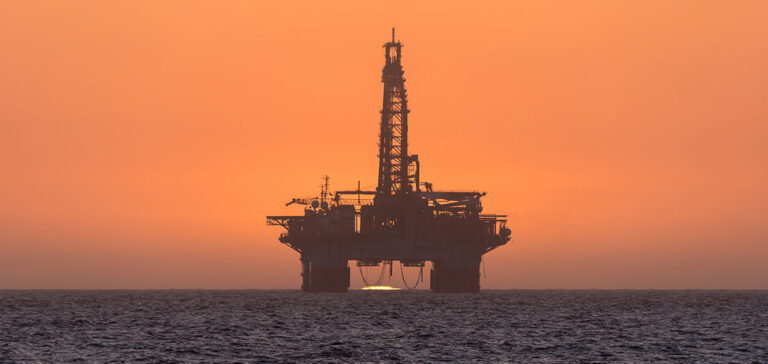The announcement made by the Emirati presidency of COP28 reveals a significant commitment by the oil and gas industry, representing 40% of global production, to achieve carbon neutrality in their extraction and production operations by 2050. Targets also include near-zero methane emissions and the elimination of routine flaring by 2030. Among the signatories are 29 national companies, including Saudi Aramco and Emirati Adnoc, as well as Western majors such as TotalEnergies, ExxonMobil, Shell and BP.
Limits of the Decarbonation Charter
Although this initiative is a step forward, it has been criticized for its limited scope. The “Oil and Gas Decarbonization Charter” (OGDC) only covers direct emissions from production and extraction operations, omitting the much larger emissions resulting from the use of the products sold, such as transport, heating and plastics manufacturing.
Conflicts of interest and criticism
The initiative, spearheaded by Sultan Al Jaber, President of both Adnoc and COP28, has raised accusations of a conflict of interest. Critical voices, including those of the World Resources Institute, have stressed that industry’s voluntary commitments will not be enough to achieve the levels of ambition needed to effectively tackle the climate crisis, calling for more binding legislation to move away from fossil fuels.
Implications for the Oil & Gas Industry
While Western oil companies are under pressure from public opinion to announce climate targets, many national companies, which account for a larger share of global production, had not yet announced clear climate objectives prior to this charter. This initiative marks a change in the industry, although the commitments remain voluntary and non-binding.
The commitment made by the oil and gas giants at COP28 represents an important step towards decarbonizing the industry. However, to meet global climate targets and respond to the urgency of the climate crisis, more comprehensive and binding action is needed. The distinction between emissions from production operations and those resulting from the use of products sold remains a crucial issue for the future of global climate policy.





















